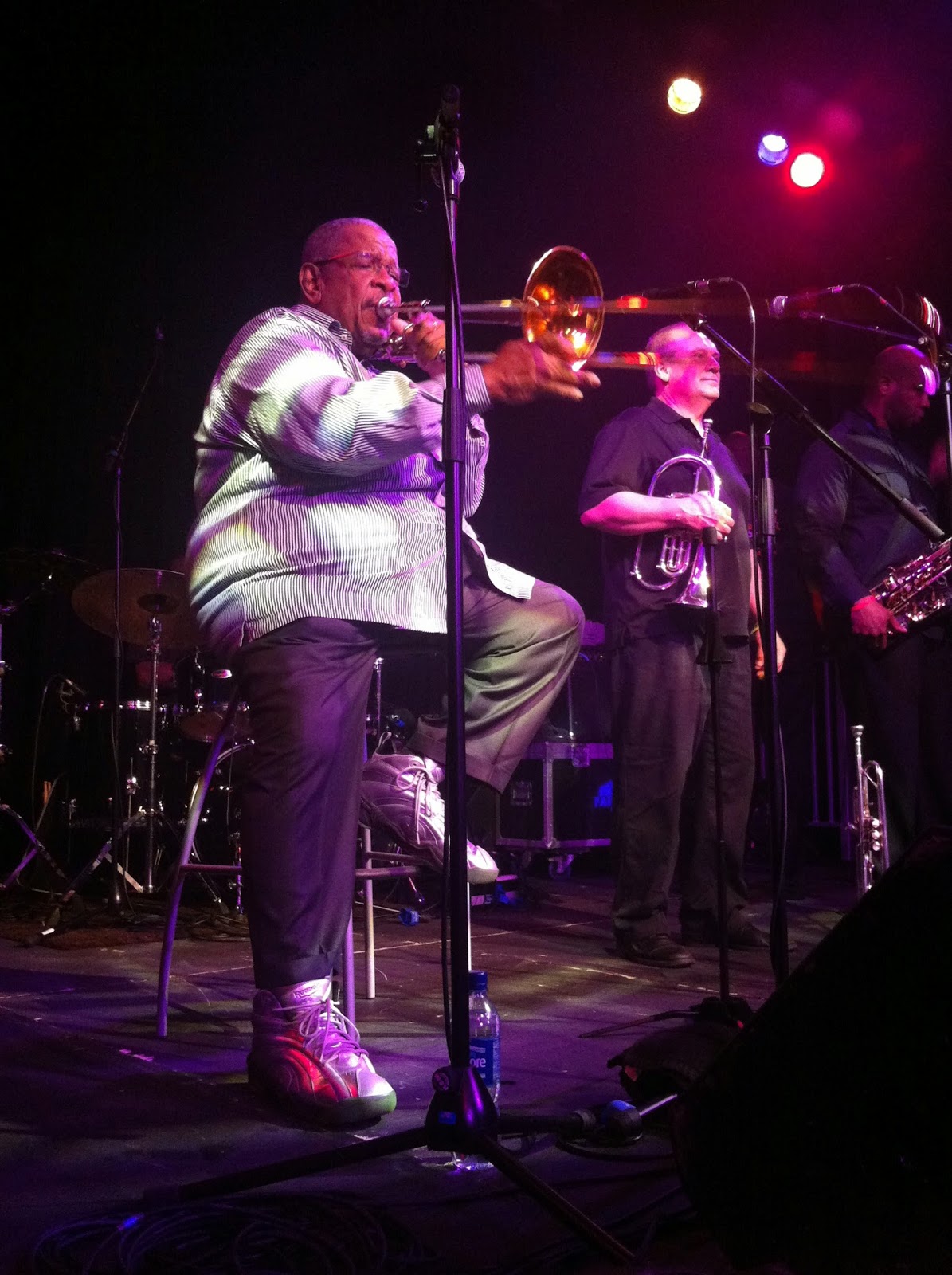On the decks this month...
1. Jim Doval and The
Gauchos – “Mama, Keep Yo! Big Mouth Shut” (1965)
Stalking garage version of the Bo Diddley classic. Love
the lead guitar almost as much as I love the mangling of the rules of punctuation.
That’s punk rock for ya man. What’s also punk rock is the record has the most
sudden ending I’ve ever heard; like someone’s whipped the needle off in
disgust. For that, I’ll turn a blind eye to their ponytails.
2. Brother Jack
McDuff – “Snap Back Jack” (1967)
Brother Jack on the Hammond, flanked by the horns of Leo
Johnson and Danny Turner, Melvin Sparks on guitar and Ray Lucas on drums open
Jack’s third of four albums for Atlantic, Do
It Now! There’s nothing surprising about the LP - it's standard McDuff fayre - but no less tasty for it.
3. Neil MacArthur –
“World Of Glass” (1969)
This 45 on Deram, sung by Colin Blunstone and written and
produced by Mike Hurst, is utterly exquisite. If you’ve never heard it, prepare
for your mind to be blown with its beauty. If you have, listen again and marvel
in fresh awe.
4. C.C.S. – “Boom
Boom” (1970)
Tucked away on the flip of “Whole Lotta Love” (the old Top of the Pops theme), Alexis Korner
leads the Collective Consciousness Society through a big fat take on the John Lee
Hooker chestnut.
5. John Cale and
Terry Riley – “Church of Anthrax” (1971)
Ten minutes of rumbling bass, squiggly harpsichord,
soprano sax, pulsating rhythms, viola and goodness knows what else manages to
be both hypnotic and invigorating.
6. The Soft Boys – “Kingdom
of Love” (1980)
Robin Hitchcock’s love of Syd Barrett clearly
worn on his sleeve on this single from Underwater
Moonlight. I say single but more accurately it was the first track on their
Near The Soft Boys EP which also includes a great version of Pink Floyd’s under-the-counter
“Vegetable Man”.
7. Yoshida Brothers –
“Storm” (2003)
According to Wikipedia the Yoshida Brothers are
“performers of the traditional Japanese music style of Tsugaru-jamisen which
originated in northern Japan”. Now, I dunno much about Tsugaru-jamisen but the
Brothers’ use of synths and drum machines behind their shamisen playing
probably upsets a few purists but that’s no concern of ours, this is pretty
damn cool.
8. Mavis Staples – “See
That My Grave Is Kept Clean” (2015)
Your Good Fortune
is Mavis’s new 4-track EP and finds her in fabulously form, real deep soul that
draws in the listener to every heartfelt word, and with a slightly more contemporary
accompaniment than usual. It works beautifully, especially on this old Blind
Lemon Jefferson number.
9. Paul Orwell –
“You’re Nothing Special” (2015)
Latest sold-out 7 inch from Paul Orwell – who,
incidentally, plays, sings, records and produces everything himself – is a
double-sider in the truest sense of the word and shows he’s less a one trick
pony and more a talented ringmaster of his own rock and roll circus. “Like I Did Before” is a
kicking bundle of beat-psych with punchy organ and a fighty guitar break,
whilst “You’re Nothing Special” is built on Brill Building pop classicism with
simple yet effective lyrics and a melody so strong one could hang a floppy hat
on. As Orwell so succinctly said recently, “I’m an artist, not a genre”.
10. Joe Sarakula –
“Northern Soul” (2015)
Joel Sarakula takes a tired Wiganesque northern soul
template and creates a slick and stylish modern soul mover with precisely the
right amount of out-of-reach anguish. It’s truly superb. Only surprise is it’s released
on the tiny independent Heavy Soul label (full credit to them, and for the
Orwell release too) as to me it sounds like something with wider commercial appeal.





